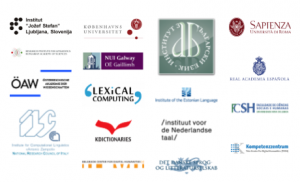#elexis_hu – RILMTA
Visiting grants contact:
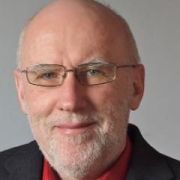
Tamás Váradi
Find out more about ELEXIS visiting grants and former winning projects:
Research Institute for Linguistics, Hungarian Academy of Sciences (RILMTA)
is the leading centre of lexicography and corpus linguistics in Hungary.
Existing tools and services
The Research Institute for Linguistics is home to the two flagship resources representing the central mission for both fields:
The Comprehensive Dictionary of Hungarian and the National Hungarian Corpus.
Altogether RILMTA offers the following lexicographic infrastructure for ELEXIS
- the Comprehensive Dictionary of Hungarian
- the Hungarian Historical Corpus
- the new Etymological Dictionary of Hungarian
- the Hungarian National Corpusv2
- the Hungarian Verbal Structures browser (Mazsola)
- Uralic Etymologic Database (UraloNet)
- Hungarian Explanatory Dictionary for StudentsFurther information about items 1-3 is available here.

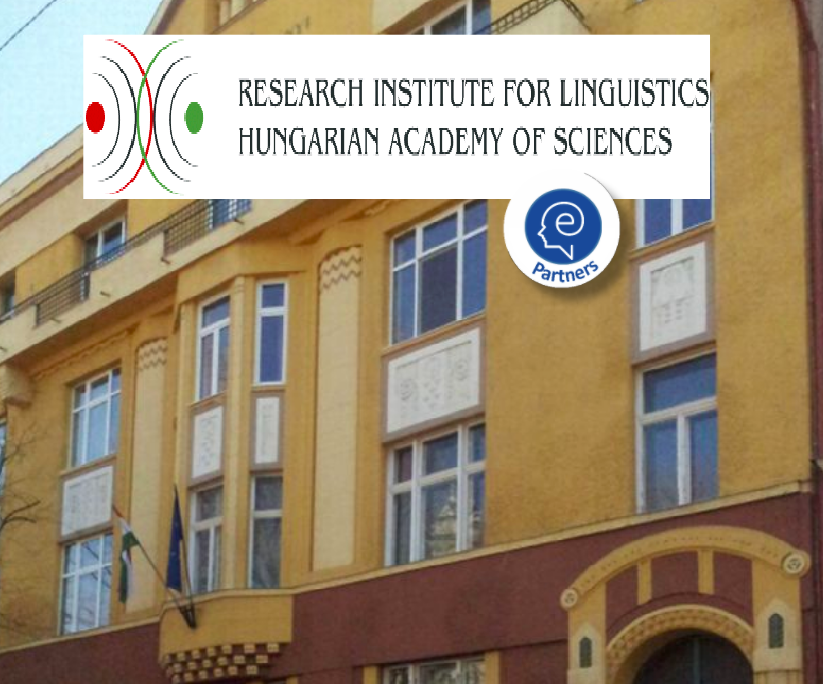
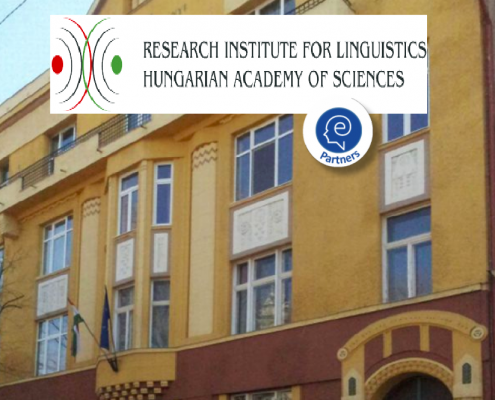
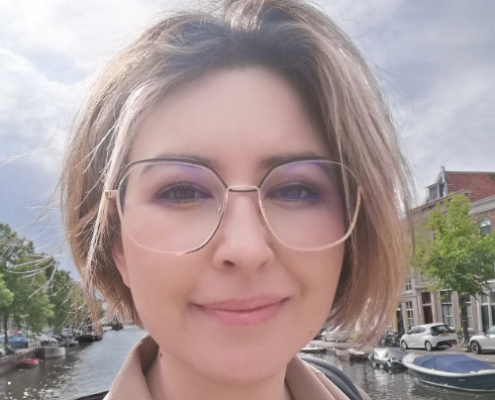
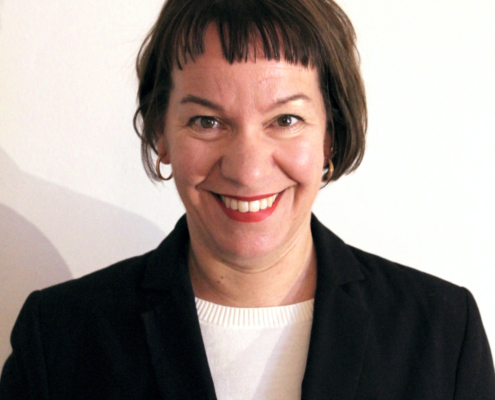
 Ana Vujasić
Ana Vujasić

